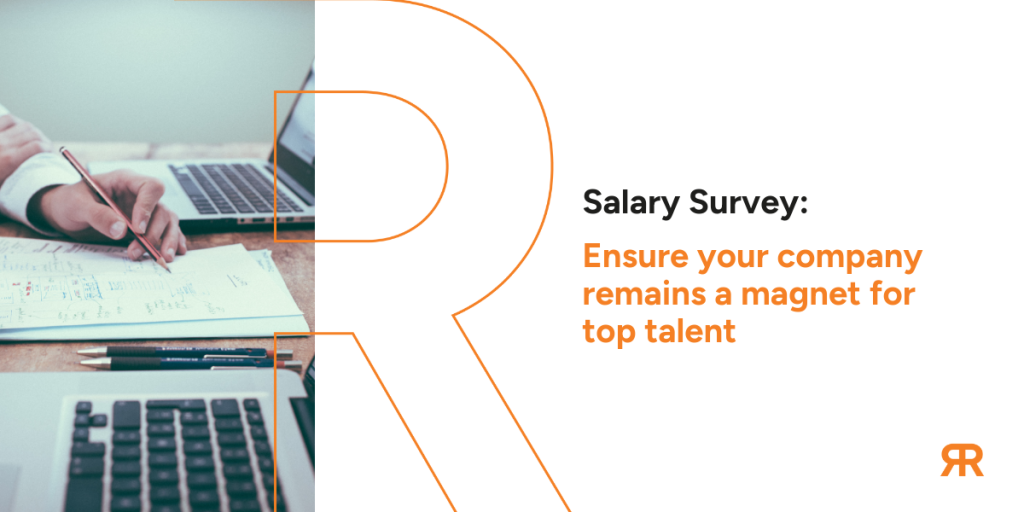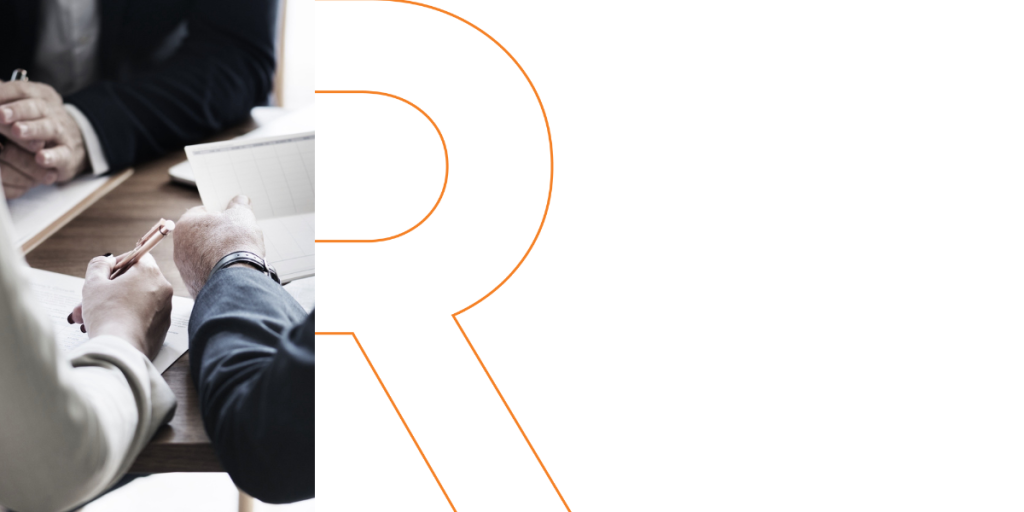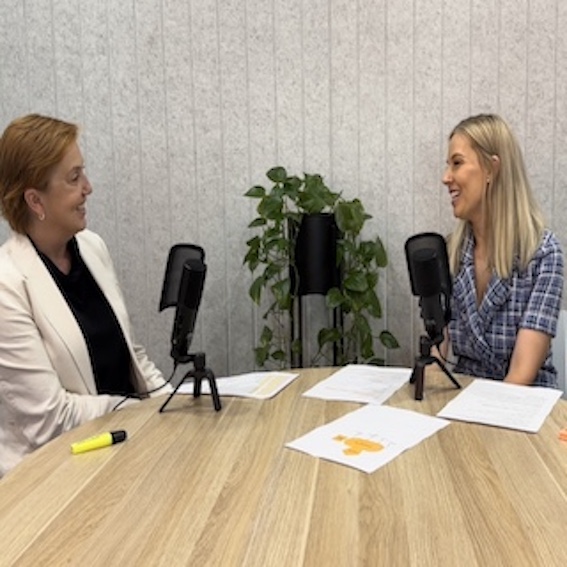
The Pro IQ Interview Series: Critical Minerals Association Australia, Namali Mackay
Our latest feature in the Pro IQ Interview Series is a conversation with one of the Founders…
Our latest feature in the Pro IQ Interview Series is a conversation with one of the Founders and Managing Director of the Critical Minerals Association Australia, Namali Mackay. Here she describes the role that this organisation plays in Australia and internationally, as well as its objectives and the challenges the industry faces.
RP: Can you tell us about the establishment of the CMAA, and its part in the Critical Minerals International Alliance?
NM: The Critical Minerals Association Australia is one of the four critical minerals industry associations that fall under the Critical Minerals International Alliance (CMIA) umbrella, alongside the CMA USA, CMA UK, and C2M2A in Canada.
Each association is independent and looks after its domestic members and puts its national interests first, while the CMIA brings all the associations together at an international level to focus on cross-cutting issues such as supply chain vulnerabilities and shocks, ESG expectations, transport legislation etc to create alternative, responsible, secure, agile, and low carbon critical mineral supply chains between like-minded nations.
RP: Tell us about the goals and objectives of CMAA, and how you plan to achieve them.
NM: The Critical Minerals Association Australia aims to bring together a core group of organisations and companies operating in and specifically contributing to the critical minerals industry in Australia. The breadth of our membership covers critical minerals mining and exploration companies, ESG specialists, critical minerals data analysts, specialist critical minerals consultants and provenancing experts amongst others. Drawing on this core group of industry representatives we want to raise the profile of and encourage a public dialogue about the need for critical minerals in our society and economy, the importance of sourcing them ethically and responsibly and collaborating as a group to build an alternative, international supply pathway for Australian critical minerals.
As part of this approach, we aim to propel the Australian industry firmly into the international arena and connect the industry with those internationally further in the mid and downstream.
We plan to achieve these goals by having our member companies drive the outputs that the organisation produces, through active outreach, forums and discussions that are open and forthright and reflect and include generational shifts and the full range of community engagement.
RP: How did you come to your role as Founder and Managing Director of CMAA? And can you tell me a little about the other Founders.
NM: I am a former Australian trade diplomat and was most recently leading the critical minerals portfolio for the Australian Trade and Investment Commission (Austrade) in London. While there I worked closely with the CMA UK and when I relocated to Australia – they asked me to set up the CMAA.
The Founders of the domestic Critical Minerals Associations have a mix of political, policy, legal and technical backgrounds and expertise. Between these skill sets, we feel we have a winning combination to understand and address the scientific, technical economic and political challenges that the industry faces.
On the Australia side, I am joined by Jeff Townsend and Olimpia Pilch. Jeff, the mastermind behind all of the CMAs and CMIA has had an extensive career in politics across the UK, USA, and Africa and grew up on mines following his dad, a metallurgist, around the world. He initially set up the CMA UK in 2020 and is a well-respected figure in the critical minerals sphere. Olimpia is an exploration geologist by training who focuses on responsible sourcing, supply chain integration and geopolitics. Olimpia has been the driving force behind our international operations and expansion.
RP: How do you see the role of CMAA in promoting sustainable and responsible mining practices, and what steps do you plan to take to achieve this?
NM: One of the CMAA’s founding core pillars is supporting robust ESG frameworks within the critical minerals industry. We are conscious of the wave of ‘greenwashing’ within the international industry where ESG principles are treated simply as tick-box exercises. We believe that all aspects of the Environmental, Social and Governance criteria need to be genuinely addressed and fulfilled to successfully transform the sector into one that is responsible, ethical and truly contributing to a new environmental future. As a result, we foresee the industry easily fulfilling finance markets’, investors’, downstream buyers’, and consumers’ expectations, while lowering risk thresholds.
We have brought in experienced and highly respected ESG specialists to lead our work in this area. Australia has a unique set of ESG issues to address within the industry and we believe there is still some work to do in achieving best-in-class levels of ESG compliance and commitment within the industry – that falls in line with Global North expectations. CMAA is setting up a working group of members to deliver concrete outcomes and guidance in this area.
RP: What do you think are the biggest challenges facing the critical minerals industry in Australia, and how does CMAA plan to address them?
NM: The CMAA has consulted extensively with industry and crafted our core pillars around the primary issues facing the Australian critical minerals industry. These need to be considered in the wider international context where there are high supply chain risks and vulnerabilities for a range of critical minerals. Therefore, all of the CMA Associations are addressing their domestic issues within a framework of building alternative supply chain pathways between like-minded nations. Within this context, the key issues we aim to address for the Australian critical minerals industry are:
- Engaging collectively as a unique grouping of critical mineral industry players – with state and federal governments, academia and local and international organisations
- Supporting the industry to move further downstream in its operations
- Creating a strong ESG framework
- Educating both the industry and the public on a range of issues relating to the importance of critical minerals to society and the economy
- Access to finance and minimisation of risk
Australia is uniquely positioned at a crossroads between its largest trading partner and other Western nations pursuing greater security of supply. The industry’s needs must not be hindered by political plays, and the industry needs a policy framework that protects and enhances sovereign capability without deterring investment from allied nations.
RP: Can you speak to the importance of critical minerals for the Australian economy, and how the association plans to work with other stakeholders to promote their development?
NM: The extraction, processing and export of critical minerals stand to play a significant role in the Australian economy. Australia is rich in critical minerals, including rare earth elements, lithium, cobalt and others which are in high demand globally for various industries, such as renewable energy, electronics, and advanced manufacturing. Historically, Australia’s economy has heavily relied on the export of commodities such as iron ore and coal, which have had significant adverse environmental and climate change impacts. The emergence of the Australian critical minerals sector allows for economic diversification, a reduced carbon footprint and a movement towards more responsible extraction and processing. Furthermore, critical minerals have strategic importance for national security and geopolitical considerations. As global demand for these minerals grows, countries aim to secure their supply chains to avoid vulnerabilities or disruptions. By developing its critical minerals sector, Australia can strengthen its strategic position and enhance its role as a reliable and trusted supplier.
The CMAA is engaging with key critical minerals mining and exploration companies local, state and national governments, academic institutions, non-government organisations, and environmental stakeholders. We are also working with an indigenous partner organisation to take a considered approach to the role of first nations people in the critical minerals sector. In addition, we have close relationships with downstream industries and governments around the world. These relationships are crucial to the success of Australia’s critical minerals industry, and we are working closely and actively with participants in all of these sectors.
RP: How does CMAA plan to engage with the broader community, including local communities and environmental groups, to ensure that mining activities are conducted in a responsible and sustainable manner?
NM: The CMAA will be an open forum and act as an interface between the industry, government and wider actors. Forming robust relationships, transforming understanding, and reconnecting people with where things come from cannot happen without trust – this can only be built with open conversations, acknowledgement of past mistakes, and the willingness to understand stakeholders’ concerns.
Despite the industry’s tarnished reputation and ongoing challenges, there are fantastic Australian critical minerals companies that are engaging with communities in which they operate to deliver value and net positive benefits that truly matter to their stakeholders. We hope to promote these good news stories as the industry typically shies away from the spotlight for fear of public backlash.
Critical minerals are necessary for the energy transition, and they provide opportunities for impact investment – to transform communities and create tangible generational benefits. We are firm believers that digging stuff out of the ground by any means necessary is not the legacy the industry should want to leave behind. After all, mining is the foundation we have built our world on. If the foundation is not “green”, the house that stands on it, cannot be called “green” either.
Related Blogs
Salary Survey: Ensure your company remains a magnet for top talent
In today’s dynamic business landscape, staying competitive in the job market is essential. It is imperative to ensure that your employees are not only fairly compensated but also that your…
Unleashing Potential: The Significance of Assessing Candidates’ Behavioural Competencies
In today’s fiercely competitive job market, executive search consultants face the challenging task of identifying individuals who not only possess the right skills and qualifications but also demonstrate the essential…
Who are your most irreplaceable employees?
Who are your most irreplaceable employees? – the Importance of Organisational Network Analysis In today’s fast-paced business world, retaining key employees is a top priority for organisations. But, while…
Pro IQ Podcast – How Diversity Can Drive Profit
Resourceful is launching a new Podcast series for 2023. In our first episode, Associate Partner Kerry Larkin joins Jenny Ransholt of The Uncommon Project to discuss how to effectively implement…




